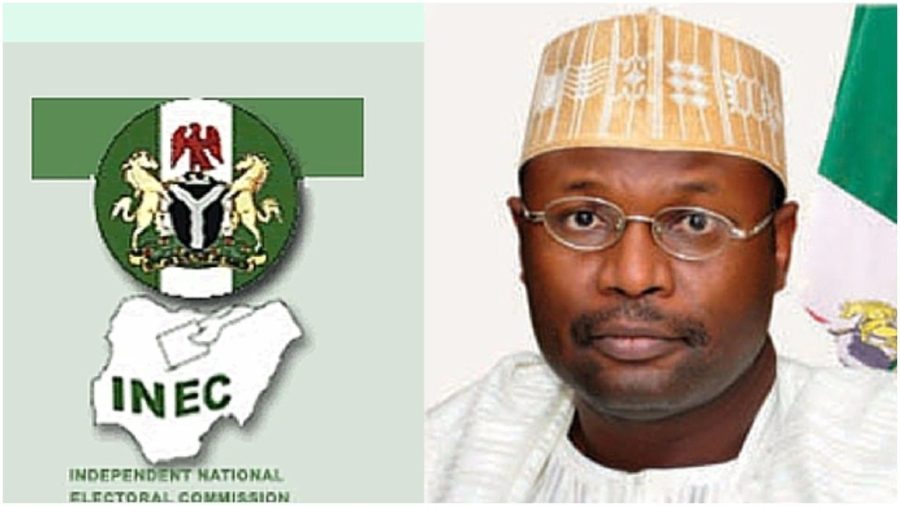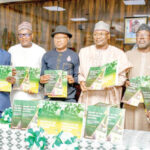The Chairman of Independent National Electoral Commission (INEC), Prof. Mahmood Yakubu, has said that a total 807 post-election petitions were filed at the tribunals for the 2019 general elections.
He said this on Tuesday in Abuja at the opening of the last meeting of the commission with Resident Electoral Commissioners (RECs) for 2019.
According to him, out of this figure, 582 were dismissed, 183 withdrawn by the petitioners, 30 for re-run election and 12 for issuance of certificates of return.
“This means that the commission is required by order of the tribunals to conduct re-run elections in 30 constituencies across 12 states of the Federation involving two Senatorial Districts out of 109, 13 Federal Constituencies out of 360 and 15 state constituencies out of 991.
“In a majority of cases, elections are to be re-run in just a few polling units, some of them in only one polling unit in the entire constituency,” Yakubu said.
The INEC boss insisted that the commission will engage the National Assembly on the status of the Smart Card Reader (SCR), saying the SCR has come to stay as it cannot be jettisoned or abandoned,” he added.
He expressed concern that elections in Nigeria, especially for executive positions, are increasingly characterized by brazen acts of impunity.
According to him, the commission plans that all elections should be successfully concluded and for the will of the people to prevail.
He said that it is inconceivable that INEC will make elaborate arrangement for the deployment of personnel and materials and then turn around to undermine itself in the field on Election Day.
He said, “Impunity has become the bane of our elections. The best antidote to impunity is the enforcement of sanctions under our laws without fear and favour. Where offenders are not punished, bad behaviour is encouraged.
He said that over the years, INEC have worked closely with the Nigeria Police and that since 2015 it has received 149 case files, including 16 cases arising from the 2019 general elections.
He said the cases are prosecuted in the states where the alleged offences were committed and that unlike pre-election and post-election cases, there is no timeframe for the prosecution of electoral offenders.
“Even where the Commission recorded the most successful prosecution of electoral offenders following the violence witnessed in the Minjibir State Assembly bye-election in Kano State in 2016, it is unclear how many of the 40 offenders sentenced to prison with the option of fine actually spent time in jail. The fine was paid presumably by their sponsors.
“That is why we believe that the Electoral Offences Commission and Tribunal will dispense justice dispassionately and speedily in the same way that the Electoral Court deals with violators in other countries such as South Africa.
“We also hope that the security agencies will get to the root of all violations and support the commission to prosecute not just the thugs that terrorise voters and INEC officials, snatch election materials at polling units and collation centres but their sponsors as well,” Yakubu said.

 Join Daily Trust WhatsApp Community For Quick Access To News and Happenings Around You.
Join Daily Trust WhatsApp Community For Quick Access To News and Happenings Around You.


